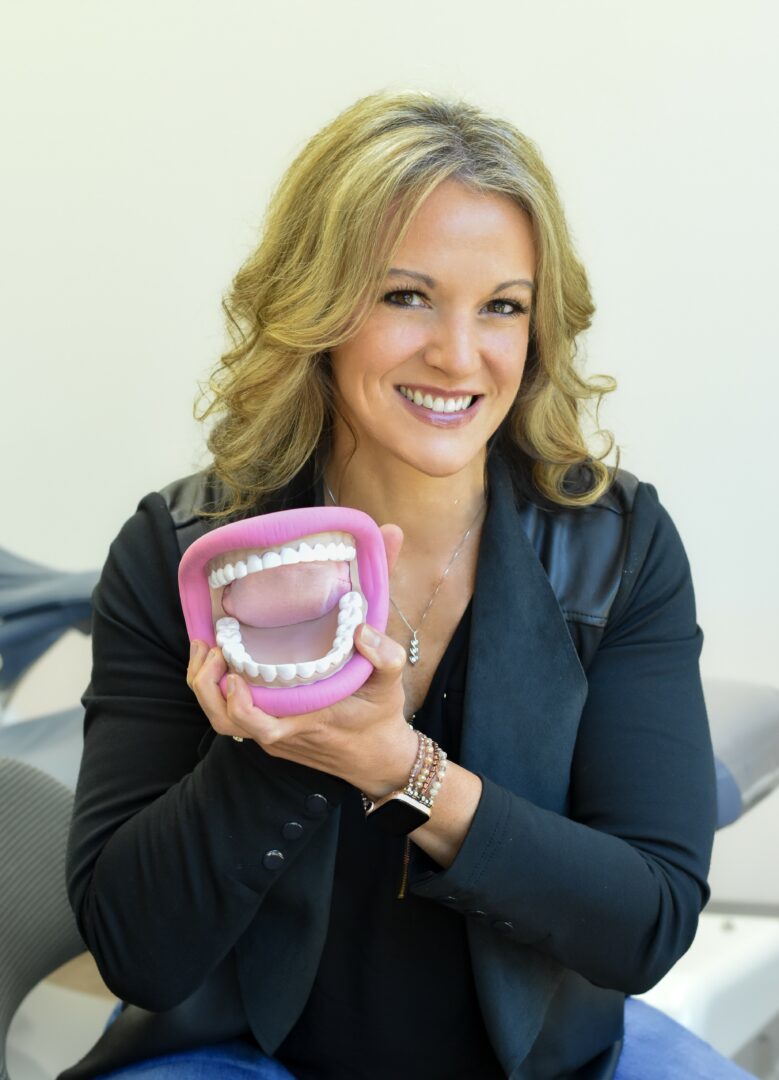We recently had the chance to connect with Amanda Zubricki and have shared our conversation below.
Amanda, we’re thrilled to have you with us today. Before we jump into your intro and the heart of the interview, let’s start with a bit of an ice breaker: What is a normal day like for you right now?
A typical day for me begins early. If I am not traveling, I usually start the morning with coffee before getting my daughters ready for school. On some days I’ll fit in a strength training workout beforehand, though more often I’ll complete it once the children are off to school. From there, I transition into work by reviewing emails and preparing for client sessions.
The majority of my professional time is devoted to meeting with clients for their myofunctional therapy appointments, which I conduct both virtually and in person. Approximately 80% of these sessions are held online, allowing me to work with individuals across a wider geographic range while still offering in-office visits when appropriate. After client sessions, I focus on completing clinical notes, updating progress records, and ensuring follow-up appointments are scheduled in advance. This structure allows me to balance patient care, administrative responsibilities, and the flexibility required to manage both professional and family commitments.
Can you briefly introduce yourself and share what makes you or your brand unique?
I’m a dental hygienist and myofunctional therapist, and I run The Myo Project. My work is all about helping kids and adults with things like breathing issues, TMJ pain, sleep struggles, and tongue-tie concerns by retraining the muscles and habits in the mouth and face. What I love most is that it’s not just about fixing one problem—it’s about getting to the root cause and giving people tools they can use for lifelong health.
The Myo Project has been such a rewarding journey because I get to work with families both in person and virtually (about 80% of my clients are online!). That means I can help people not only in my local community, but also across the country. I’m also interviewing and connecting with other providers—dentists, ENTs, chiropractors, and more—so we can collaborate and give patients the most comprehensive care possible. It’s really exciting to be part of a bigger team working toward the same goal.
Being profoundly deaf has shaped how I approach my work too. I’ve always had to find creative ways to communicate and connect, and I think that carries over into how I support my patients. Right now, I’m focused on growing The Myo Project and continuing to spread the word about how myofunctional therapy can truly change lives.
Great, so let’s dive into your journey a bit more. What did you believe about yourself as a child that you no longer believe?
As a child, I never believed I’d be doing what I’m doing today. Honestly, if you told my younger self that I’d be running my own practice, speaking on stages, and helping people improve their health in such a unique way, she probably would have laughed. I grew up dancing, and for a while I thought that was my path—I even had a short career as an NFL cheerleader. But once that ended, I really didn’t know what was next.
Looking back, it’s wild to think about how much life can surprise you. I’ve learned that your path doesn’t have to be perfectly mapped out. What I once thought was impossible—or something I couldn’t picture myself doing—has become my reality. And I think my younger self would be proud to see that I pushed through challenges, embraced opportunities, and built something meaningful.
What’s something you changed your mind about after failing hard?
One thing that changed my mind after failing hard is realizing that failure isn’t the end—it’s actually part of the process. Living with hearing loss, I face challenges every single day. There are moments where I miss things, make mistakes, or feel like I’ve fallen short. For a long time, I thought failure meant I wasn’t good enough, but over time I’ve learned it can actually be fuel.
Now, instead of looking at failure as a setback, I see it as feedback. It’s what pushes me to be more creative, more determined, and more resilient. I try to keep a good outlook on life because every time I fail, I’m reminded that I can get back up and keep going. Honestly, some of my biggest growth has come from the times I thought I failed the hardest.
Next, maybe we can discuss some of your foundational philosophies and views? What’s a belief or project you’re committed to, no matter how long it takes?
I’m committed to growing The Myo Project and spreading awareness about myofunctional therapy, no matter how long it takes. So many people are living with issues like poor sleep, TMJ pain, or airway struggles without realizing there’s a root cause that can be addressed. I truly believe this kind of therapy can change lives, and I’m dedicated to making it more accessible and understood.
Thank you so much for all of your openness so far. Maybe we can close with a future oriented question. What false labels are you still carrying?
A false label I’ve carried for a long time is the idea that my hearing loss somehow makes me “less than” or that I can’t do certain things because of it. Growing up, I often felt like I had to work twice as hard just to keep up, and those feelings stick with you even as an adult.
Even now, I sometimes catch myself carrying that label into new situations—wondering if people will doubt me or see my deafness before they see my abilities. But the truth is, my hearing loss doesn’t limit me; it’s actually shaped my resilience, creativity, and ability to connect with others in unique ways. I’m still unlearning those old labels, but I’m learning to see them for what they are: false.
Contact Info:
- Website: https://www.themyoproject.com
- Instagram: https://www.instagram.com/the.myo.project
- Facebook: https://www.facebook.com/themyopro
- Youtube: https://youtube.com/@thatdeafrdh
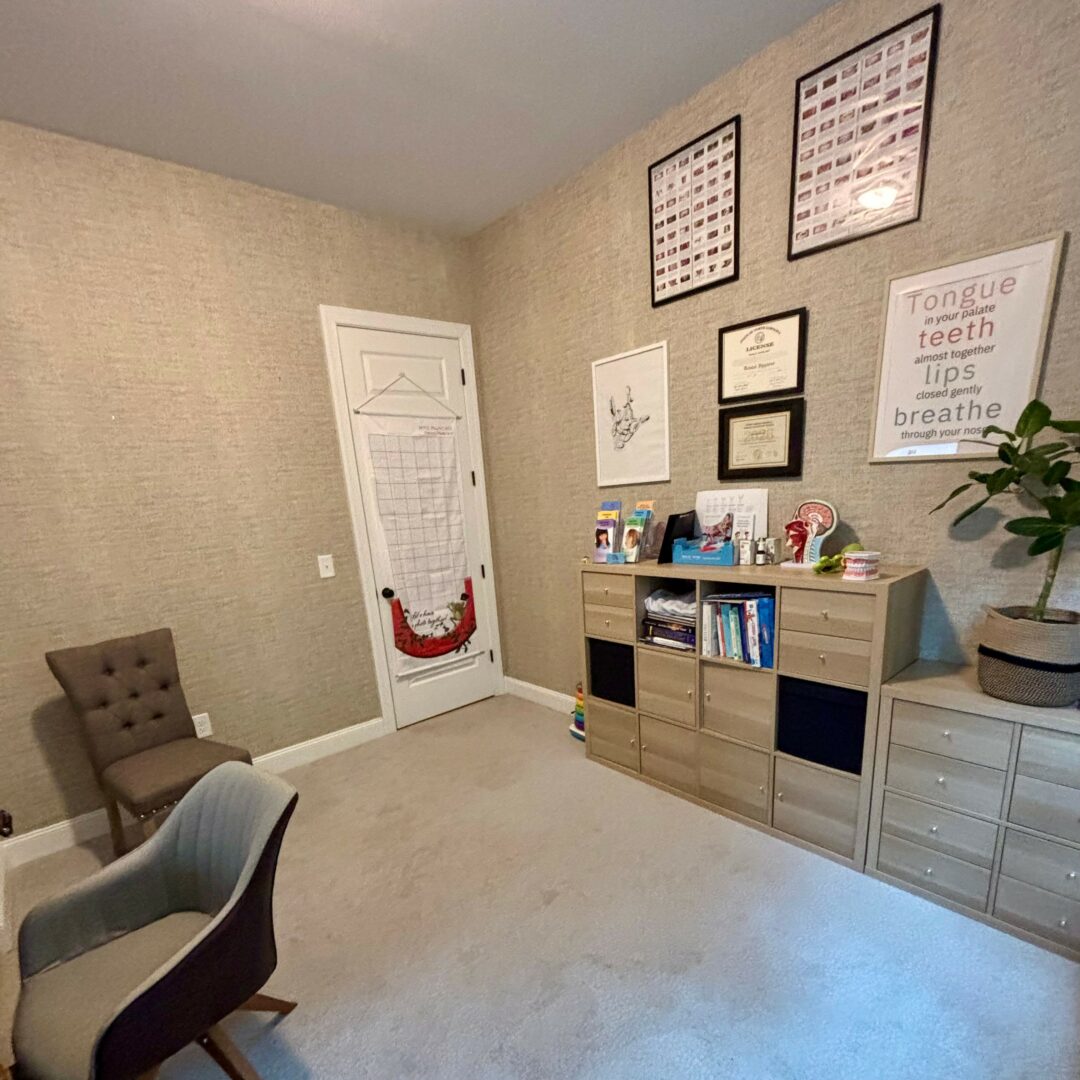
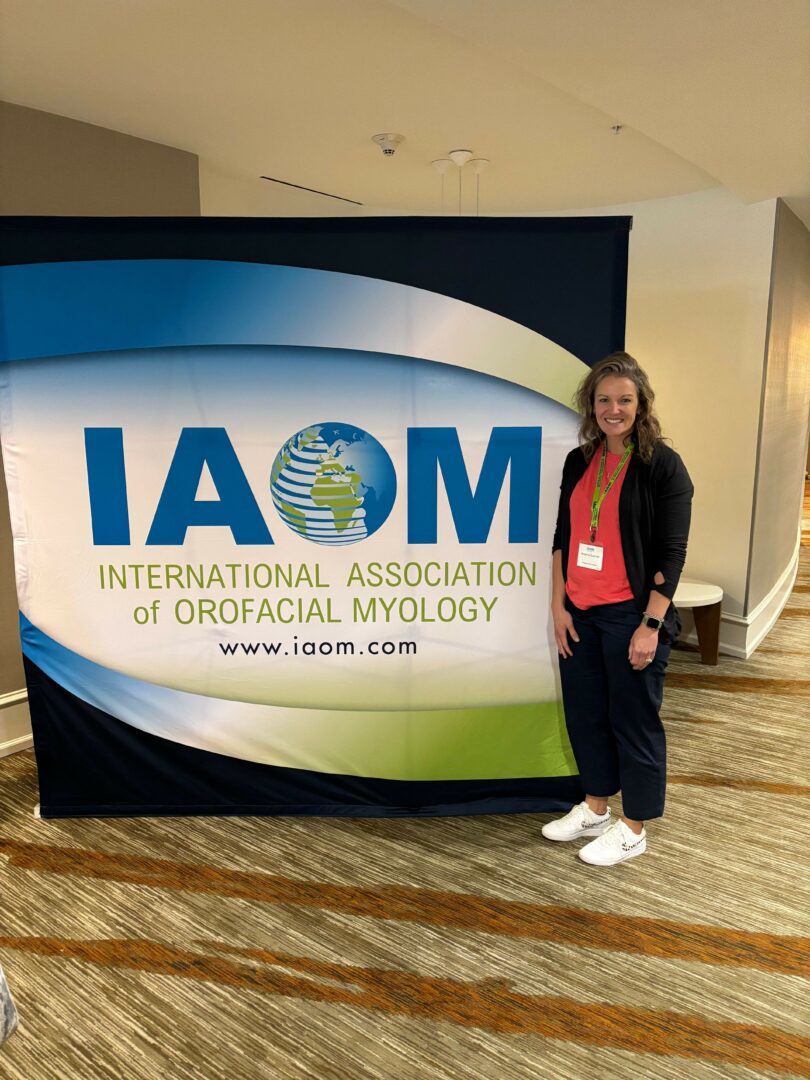
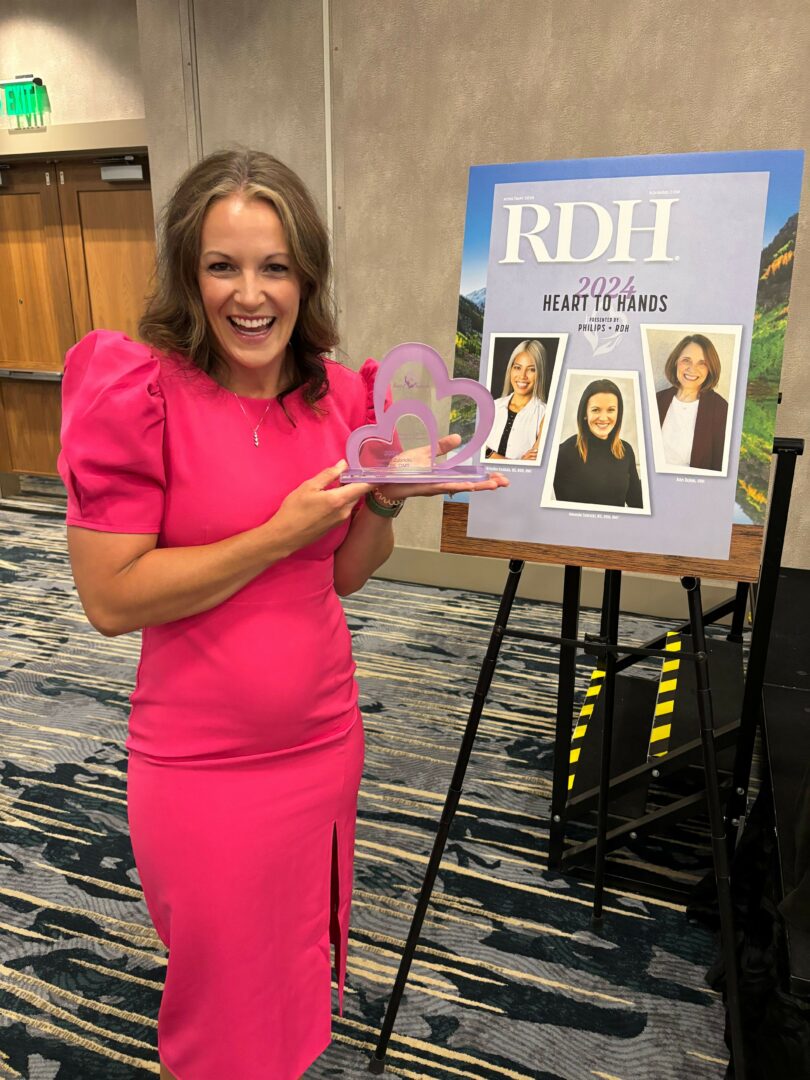
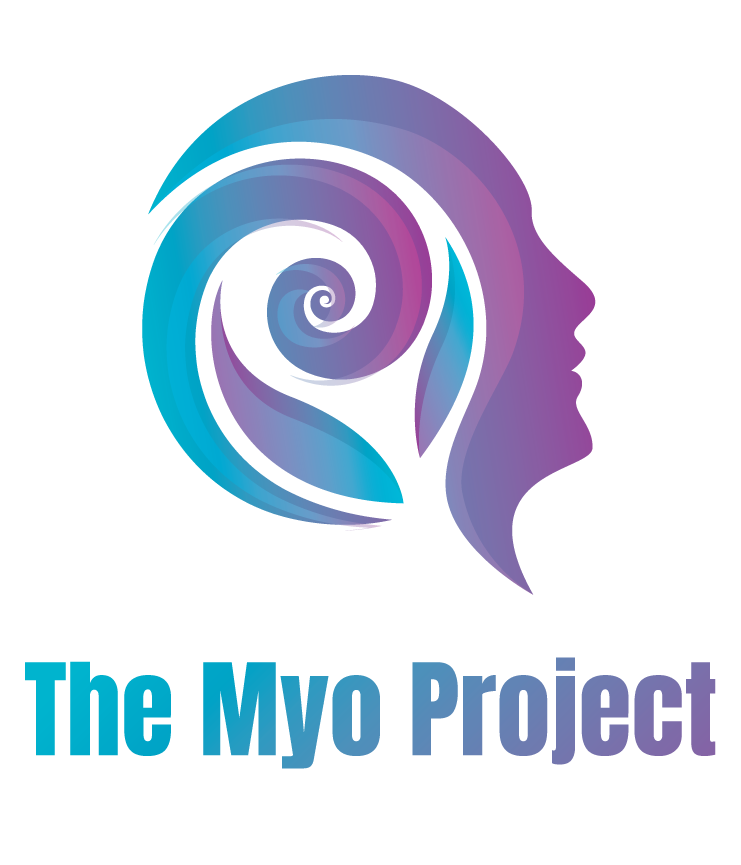
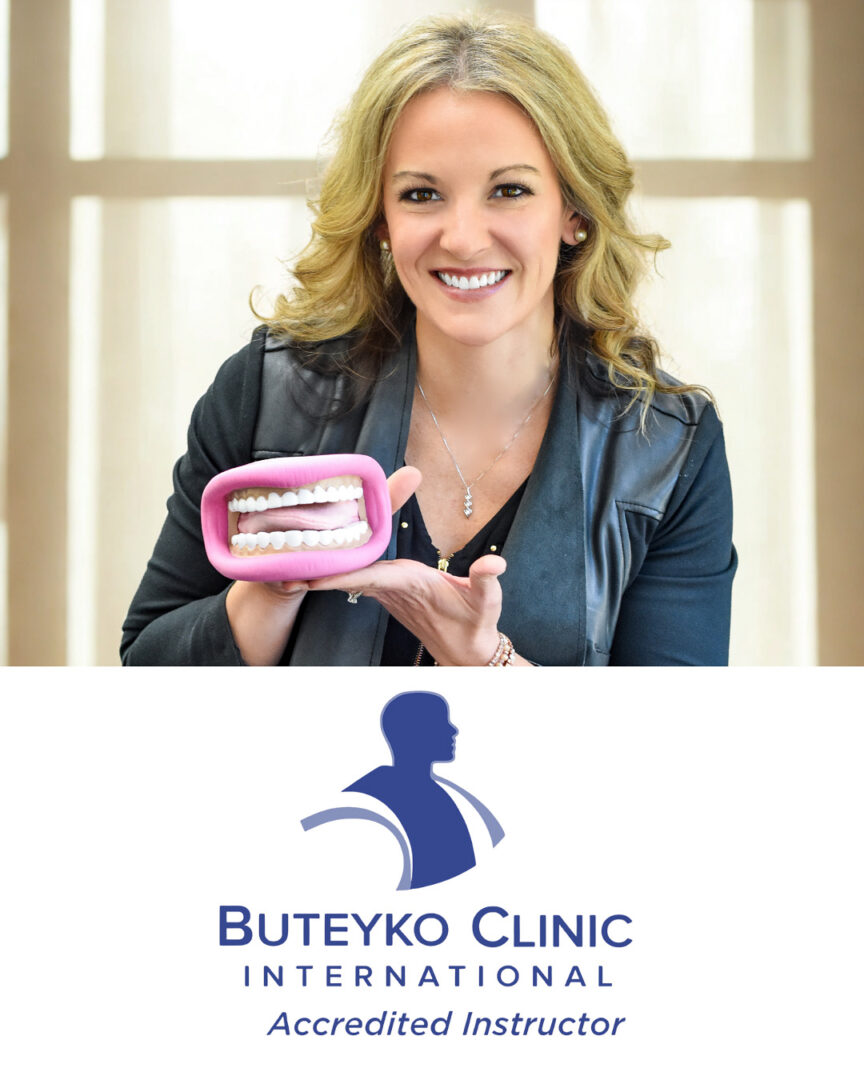
so if you or someone you know deserves recognition please let us know here.

